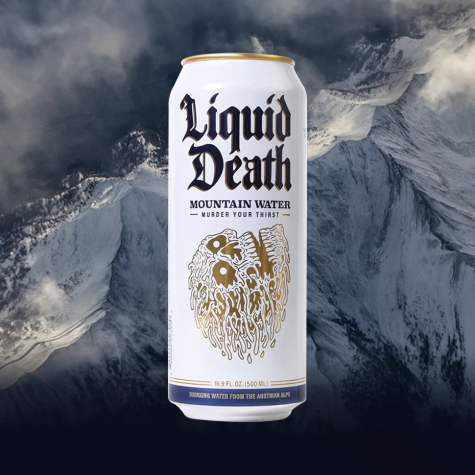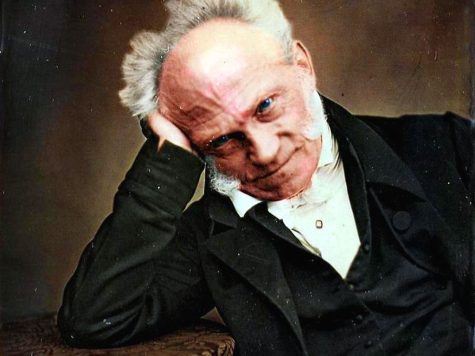Remembering Mikhail Gorbachev
September 8, 2022
On August 30th, 2022, Mikhail Gorbachev, one of the most influential figures of the 20th century, passed away due to a prolonged severe illness. Many in the Western world consider Gorbachev as one of the most vital figures of the 20th century as he deescalated the Cold War, which had haunted the world with the possibility of nuclear winter for decades.
Gorbachev is viewed as a figure for democracy due to his approach of allowing countries apart from the Eastern Bloc independence from the Soviet Union if they desired. He also established friendlier relations between the United States and the Soviet Union, which, in turn, ended the Cold War. Although Gorbachev is considered a hero in the West, he is somewhat of a controversial figure in Russia today. Some view him as the man that ended the glory of the Soviet Union and embarrassed the nation.
The consequences of Gorbachev’s actions have changed our world for the better, but now the after-effects of the fall of the Soviet Union are impacting us today with the Invasion of Ukraine.
Born in Southwestern Russia in 1931 into a peasant farm family, Gorbachev endured a childhood where he would witness his family members be arrested and killed by famine as he grew up under the Stalin regime. Gorbachev worked his way up as a communist citizen by joining the Youth Communist League at 15, driving a combine harvester on a farm.
Due to the promise he showed, he was accepted into Moscow State University to study law, and this is where he was able to get his hands on forbidden books from other Soviet students. With this different perspective, he got through books on other political ideologies and gained a democratic approach to his politics.
After university, he began cutting his chops for the Communist Party of the Soviet Union once he was named a member of the party’s Central Committee in 1971. For the next two decades, he would climb up the political ladder of the Communist Party, becoming the last General Secretary and President of the Soviet Union.
During his time as General Secretary and President, Gorbachev implemented two critical reforms that forced the Soviet Union into collapse: perestroika (economic restructuring) and glasnost, which means openness. Gorbachev implemented these reforms not in search of revolutionizing the Soviet Union, but instead, he believed there were minor and fixable issues with the economy and political structure.
As time passed, however, the economy worsened. He began to realize that radical solutions could only fix the issues with the Soviet Union. While this turmoil was occurring, many societies within the Soviet Union began to have revolutions. He responded by going against his advisors and using no force against the uprising.
By taking this approach, he subsequently let the Soviet Union fall with little resistance. His approach to the revolutions occurring in the Eastern Bloc is the most outstanding example of Gorbachev’s importance to the free world. He set an example of peace and liberty while going against the precedent of oppression and domination used by former Soviet leaders.
Instead of doubling down, going all in, and holding onto the past, he decided it was the best option to reform and pull back. Gorbachev is such an important figure and example for world leaders because he exuded many of the core characteristics of the free world, such as embracing peace, liberty, and power to the people.
Today, we see Vladimir Putin going against this solid moral precedent created by Gorbachev. We are now witnessing in real-time how when a country decides to hold onto past glory and seek domination, it will create mass fear, destruction, and casualties to innocent people.
Sources
https://www.nytimes.com/2022/08/30/world/europe/mikhail-gorbachev-dead.html https://www.nytimes.com/2022/09/06/opinion/gorbachev-russia.html https://www.britannica.com/biography/Mikhail-Gorbachev
https://www.newyorker.com/magazine/2022/09/12/mikhail-gorbachevs-enduring-example
https://www.britannica.com/place/Russia/The-Gorbachev-era-perestroika-and-glasnost












